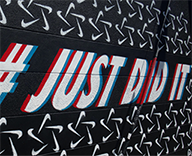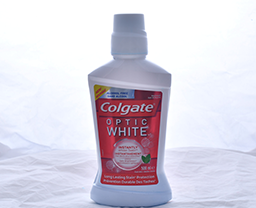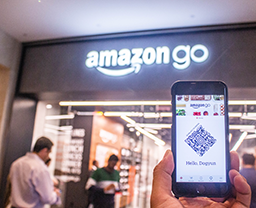
Brand Development

Individual

Attitude

Extension

Private Label
What Is Brand Development?
Brand development is a strategic process where the ultimate goal is creating, distinguishing, or enhancing your company’s image, products, and services from your competition. Your brand has to be aligned with your business objectives and communicate to your target audience in a way that resonates with them.
This is a constant process as customer perceptions and behaviours change. Your brand has to evolve with them through new ideas and products. Always growing with them and diversifying to reach new audiences that were previously untapped. Brand development is an important tactic in telling your story, retaining customer loyalty, and enhancing it.
Key Developments In Brand Development
The 1950s
Companies like Procter and Gamble, General Foods, and Unilever developed the discipline of brand management or marketing. These companies noticed they could not rely on just their name. The quality of their competitors’ goods were rising and becoming indistinguishable from their own.
Still The 1950s
Positions of brand managers were created to give the product identity so the product could be distinguished from the competitors, which would create a branded proposition, offering functional and emotional value.
Into the 1960s
Brands like Tide, Kraft, and Lipton excelled in the marketing field and set the benchmark for other brands to follow. How did you win? By understanding the consumer better than the competition and getting your brand mix (logo, price, packaging, promotions, and advertising) right. Since then, not much has changed, other than the communication strategies and deployment methods.
Types Of Brand Development
Individual
Larger companies do this where each singular product is given its own brand name. An example would be Apple’s devices, including Mac, iPhone, iPod or iPad.
Attitude
Companies can rely on the overall feeling or attitude to market the products and their business. They are marketing a larger feeling and creating an emotional connection between their brands and customers. Nike has popularized this by associating its brand with a healthy lifestyle, aligning with the “just do it” slogan.
Extension
If the brand is already strong, the brand will extend that success to a new product line such as perfume, shoes or other accessories. The product is unique, but it carries the initial brand identity.
Private Label
Some smaller brands will use a private-label brand to compete with larger brands. This is common in supermarket chains, where they will produce a cost-effective option for certain items.
How Does Brand Development Help My Business?
Brand development is essential to distinguish your business from the crowd. Regardless of your industry, you will always have multiple competitors vying for your customers' attention. Having a strong brand ensures that you are not lost in the crowd and rise above them, so your customers stay loyal to you and make purchases in the present and future. Depending on your size and current reputation, brand development will look different for your organization. Figuring out those steps is essential to your business’s growth and overall development.
How Does LT3 ATG Implement Brand Development?
At LT3 ATG, we will assess your business size, current brand development strategies and tactics to see how they can be enhanced or assist you in creating a new plan entirely. For example, some organizations desire a plan for a rebrand and at LT3 ATG, we can help design a brand development strategy for your target clients by breaking down how you want your brand to resonate, what kind of relationships you want your clients to develop with it, competitor analysis, your brand’s personality, and more.
Brand Development
Tags (test)
Related Articles
No related articles at the moment
Related Projects
Check out our other projects →LT3 ATG
Ready to get started?
Building your vision starts with a conversation. We're always happy to chat.














